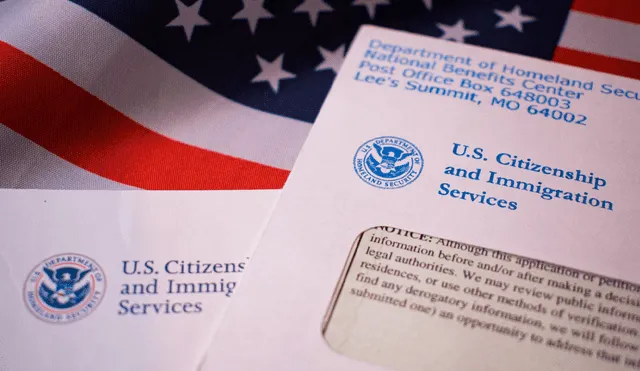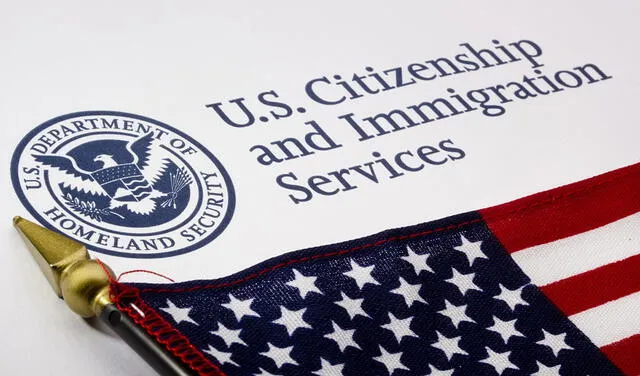Immigration Update 2025: USCIS introduces new form required for status adjustment in the US
In 2025, USCIS revised Form I-485 for status adjustment in the U.S. Learn about the mandatory new requirements, including Form I-693, and how these changes affect applicants.

In a significant update to the U.S. immigration process, the U.S. Citizenship and Immigration Services (USCIS) has announced revisions to the Form I-485, Application to Register Permanent Residence or Adjust Status. These changes aim to streamline the application process for individuals seeking to adjust their immigration status and obtain lawful permanent residency.
Effective February 10, 2025, the new requirements introduce mandatory documentation and revised guidelines to ensure compliance with health and admissibility standards. For those navigating the status adjustment process, understanding these updates is crucial to avoid delays or rejections.
Key changes to Form I-485 and their implications
The updated Form I-485, released on December 10, 2024, reflects USCIS’s effort to enhance efficiency while addressing public charge and health-related concerns. Among the most significant changes is the mandatory inclusion of Form I-693, Report of Immigration Medical Examination and Vaccination Record.
Previously, applicants could submit Form I-693 at a later stage in the adjustment process. However, under the new rules, it must accompany Form I-485 at the time of submission. This requirement helps USCIS promptly assess applicants’ compliance with health-related admissibility standards, reducing processing delays. Failing to include Form I-693 will result in application rejection, making it imperative for applicants to complete the medical examination with an authorized civil surgeon in advance.
Another important update eliminates the need for Form I-864W, Request for Exemption for Intending Immigrant's Affidavit of Support. Instead, applicants can now request an exemption directly within Form I-485. This integration simplifies the process for those who qualify, such as children of U.S. citizens or applicants in certain employment-based categories.
To further clarify eligibility, the revised form includes detailed questions addressing the public charge inadmissibility rule. Applicants must specify their immigrant category, allowing USCIS to determine exemptions more efficiently. These updates are designed to expedite processing and improve accuracy in adjudications.

USCIS is the government agency responsible for administering and adjudicating immigration benefits in the United States. Photo: Immigrant
Why USCIS introduced these Updates
According to USCIS, the changes reflect an ongoing effort to modernize the adjustment of status process while ensuring public health and national security. The integration of medical and public charge requirements into the initial application package aligns with the agency’s goal of reducing backlogs and enhancing transparency.
William Lopez, a USCIS spokesperson, emphasized that the new requirements aim to minimize procedural delays caused by incomplete applications. “By streamlining the documentation process, we can provide faster decisions to applicants and improve the overall experience,” he explained.
These updates also underscore USCIS’s focus on maintaining high standards for lawful permanent residency applicants. With clearer guidelines and mandatory documentation, the process aims to strike a balance between efficiency and thoroughness.












